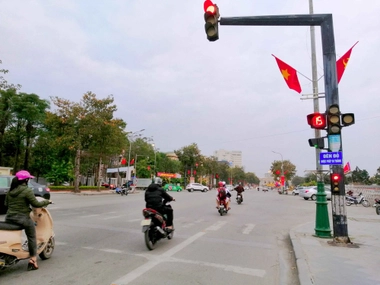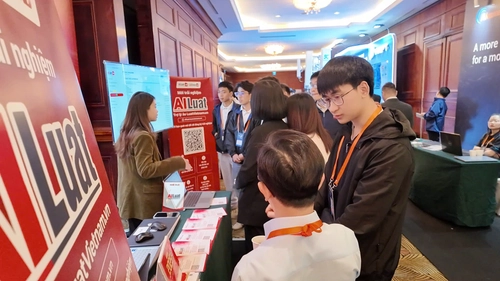The Ministry of Science and Technology (MOST) has released a draft Law on Science, Technology and Innovation, focusing on science and technology human resources, incentives for science and technology workers, commercialization of research outcomes, and management of state budget-funded science and technology programs and tasks.
Worthy of note, the MOST proposes expanding the spectrum of science and technology human resources to cover all science and technology workers, regardless of whether they work in public or non-public sector.

As highlighted in the draft, science and technology workers in public agencies would be allowed to participate in the establishment and administration of enterprises to commercialize research outcomes. These workers would be periodically seconded to R&D institutions, higher education institutions, enterprises and other organizations for a certain period of time for the purposes of exchanging academic insights, improving skills, and grasping technological demands. During the period of secondment, salary and other entitlements for them would be kept unchanged. Such regulations aim to encourage the collaboration between academia and enterprises, bridge the gap between research and application and boost commercialization of research outcomes.
The MOST also proposes entrusting the ownership of outcomes of state budget-funded science and technology tasks to in-charge entities for further investment and commercialization of research outcomes.
In addition to programs and tasks performed by the mode of order placement by the State, organizations and individuals may propose and apply for the allocation of state budget funds for the implementation of science and technology programs and tasks. In addition, the shared use of laboratories and cooperation mechanisms among research institutions would be encouraged to optimize resources.
The draft Law also adds regulations on developing an overall financial plan for national science and technology development and innovation which would serve as a basis for ministries, sectors, and localities to work out their annual plans.
The draft Law is scheduled to be submitted to the National Assembly for passage this October.
By: VLLF




![[Update now] Personal income tax policies 2026: 05 major changes](https://image3.luatvietnam.vn/uploaded/500x285twebp/images/original/2026/02/25/update-now-personal-income-tax-policies-2026-five-major-changes_2502135544.jpg)





